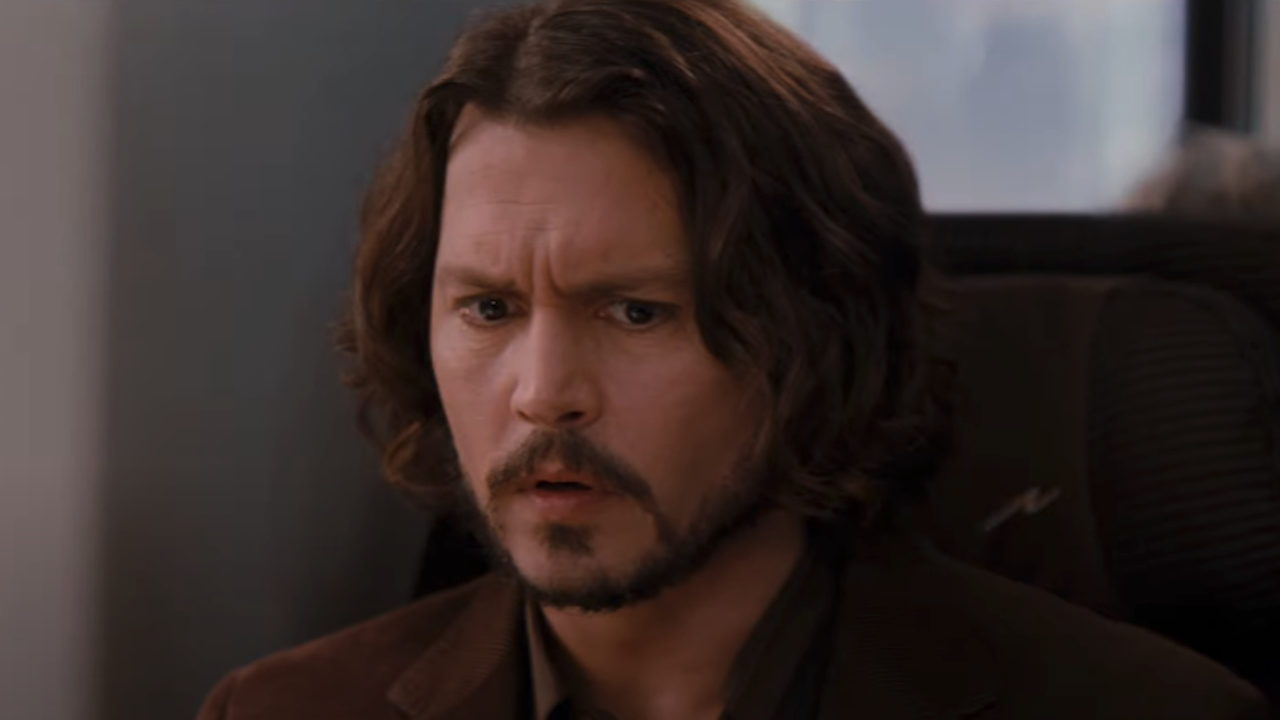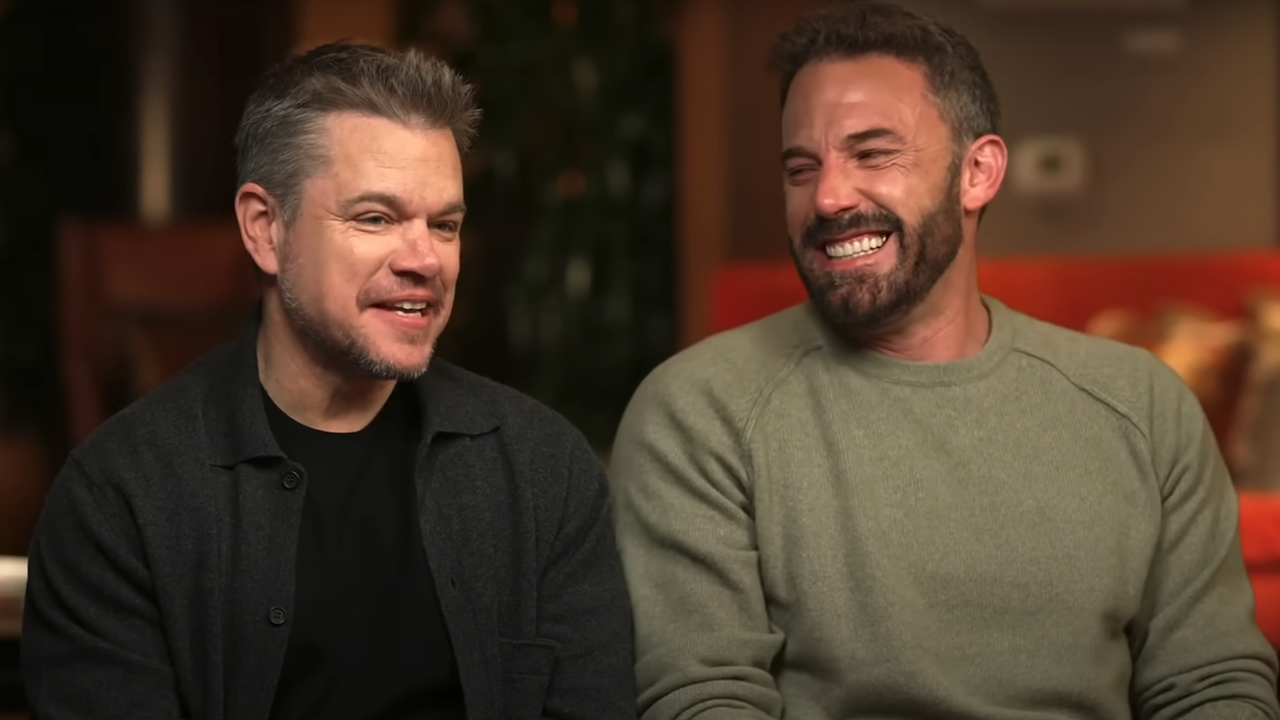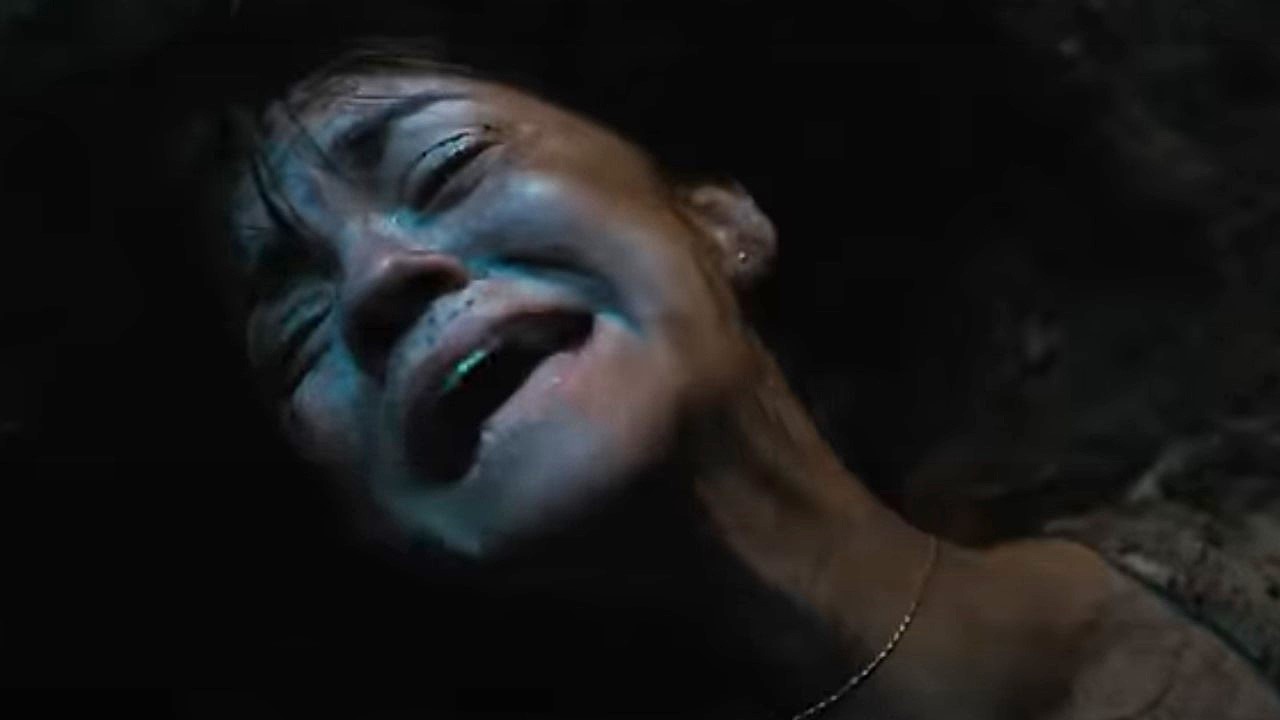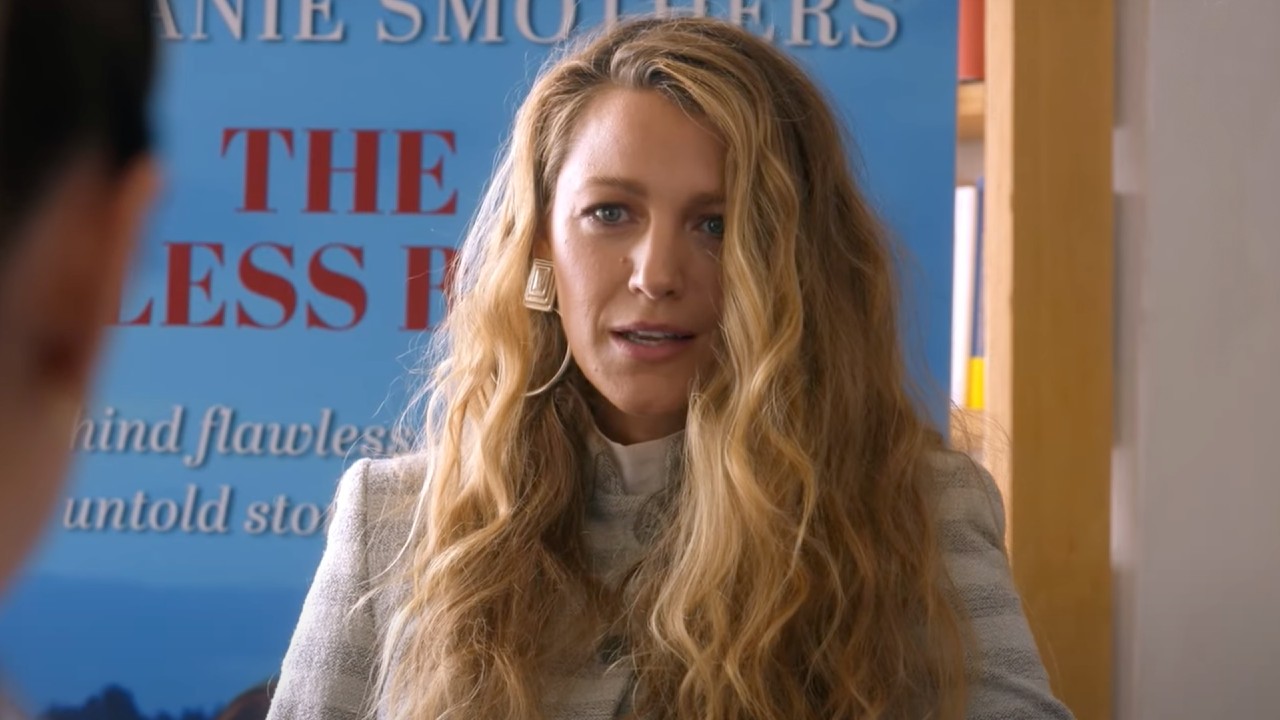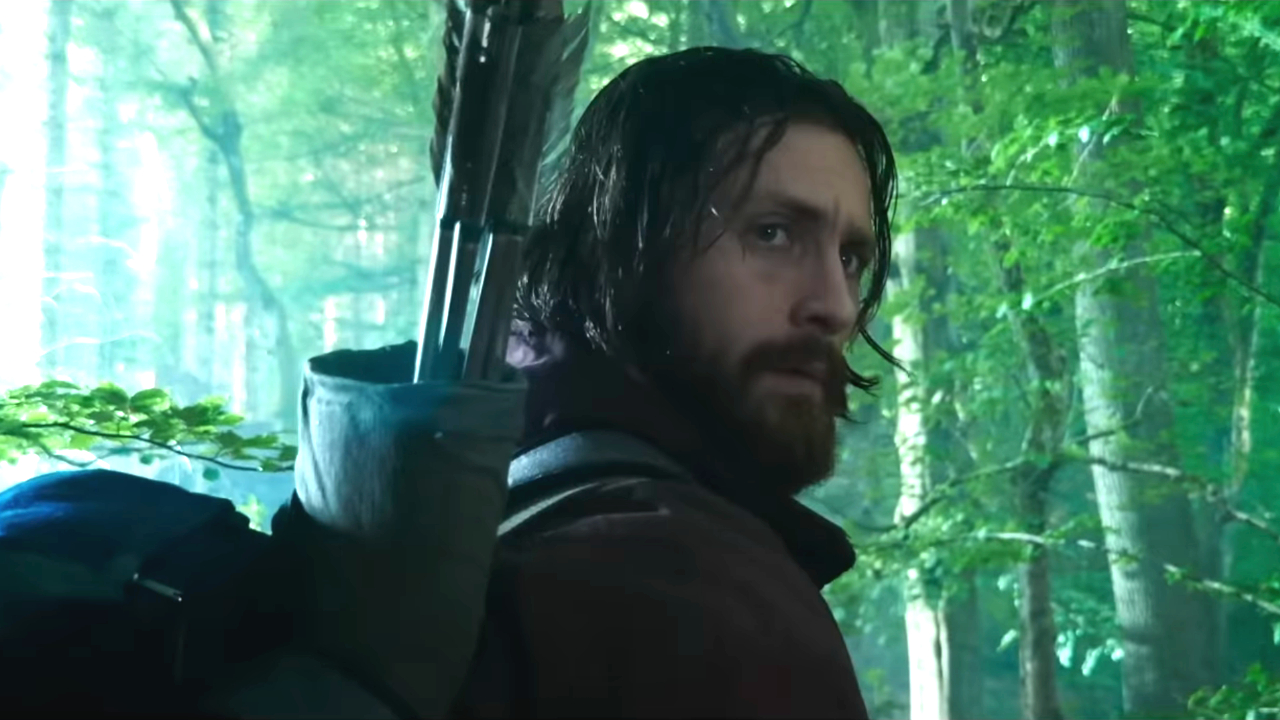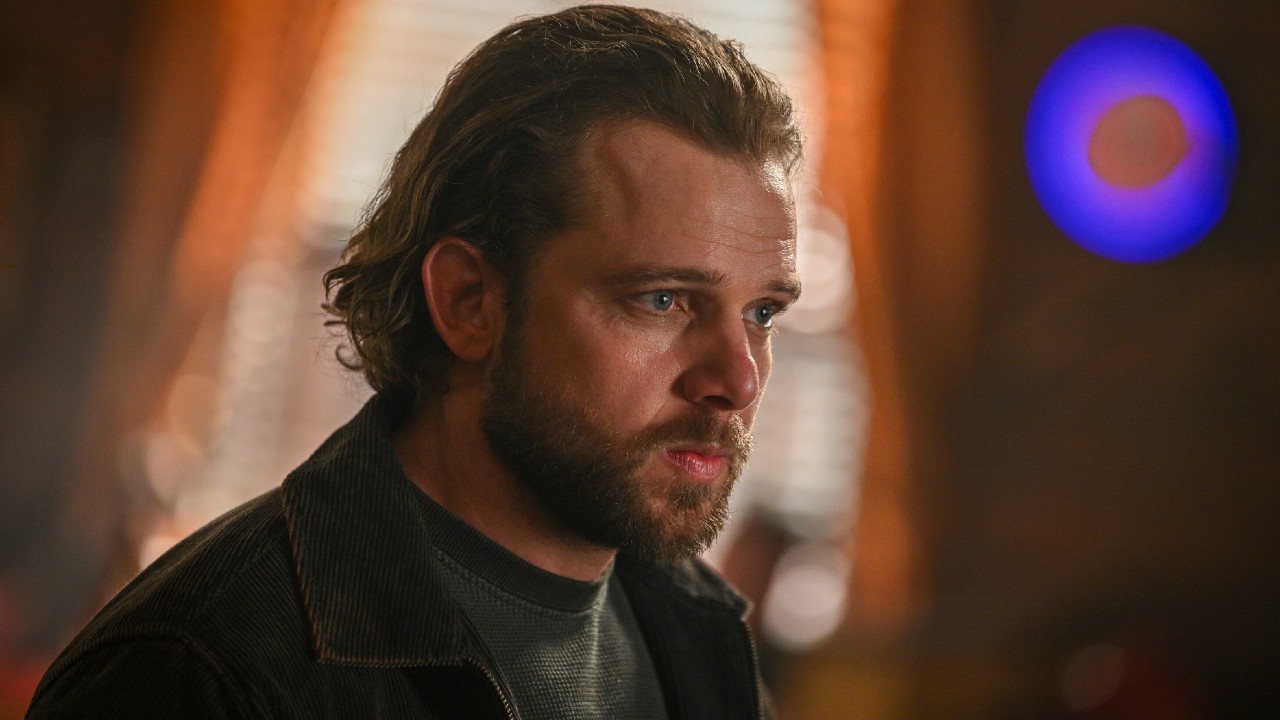Hear Me Out: We Need To Stop Hating On Prequels

With the impending release of Ridley Scott's Prometheus there's been a lot of talk about prequels. Of course, as someone who covers movies on a daily basis, I had developed a hard-won prejudice against these kind of films, having been burned by unimaginative drivel under its auspices one too many times. Then this week's Criticwire survey got me wondering if we movie-lovers aren’t too harsh on prequels, and after I saw Prometheus, I thought how poorly our current concept of prequels frames that film, and beyond that, how out of date the word has become. The more I thought about it, the more I realized that some of my favorite movies are prequels. So hear me out: we need to get over our knee-jerk hatred of prequels.

Prequels are shameless cash grabs from studios too lazy to try something new.
I won't attempt to deny this. Studios are notorious for preferring to finance established franchises rather than taking risk on something entirely new and thereby risky. Agreed. But all Hollywood movies are made with profit in mind; this doesn't necessarily kill the creative drive of filmmakers assigned to create a given prequel. For instance, do you think Peter Jackson's upcoming The Hobbit will be compromised solely because it's a prequel to Lord of the Rings? (I know the LOTR books were published after The Hobbit's, but in the film world, it qualifies as a prequel.)
One of the virtues of prequels is that they give us more quality time with characters we love and exposure to film worlds we're eager to more thoroughly explore, which is definitely the case with Prometheus. Sure, I was initially skeptical of this prequel made 33 years after Alien hit theaters, but it was totally exhilarating to return to this film world with Scott. His passion for this diegesis, love of the sci-fi-horror genre, and his gift with directing actors and carving out characters made the film an edge-of-your-seat adventure that left me gasping for air. And it never played cheaply upon my affections for Ripley to entice me to its tale; instead Prometheus forms entirely new characters and thereby entirely new bonds of devotion. Of course, for every Indiana Jones and The Temple of Doom there's—well, there's the Star Wars prequels. Which leads me to the next popular complaint:

Most prequels are terrible.
Admittedly while researching this piece, I found a lot of flicks that are forgettable at best. But as a horror aficionado, I refuse to write off a genre because of a few barrels of bad apples. When defending my love of horror movies, I'm often confronted by this same complain: there are so many lazy, stupid horror movies, how can I possibly admire the genre? For me the answer is simple: when a filmmaker with real passion and talent tackles this disrespected genre, the results offer something so good even horror skeptics sing its praises—just look at Cabin in the Woods or The Silence of the Lambs, one of the few horror films to ever win an Academy Award for Best Picture. The same holds true for prequels, which I do consider a genre of their own, subject to a very particular convention…

With a prequel, you always know how it's going to end.
CINEMABLEND NEWSLETTER
Your Daily Blend of Entertainment News
Yes. Most prequels are fighting an uphill battle creating tension over the fate of the characters because savvy moviegoers already know their ultimate ends, based on the franchise's earlier releases. However, I don't find this convention of prequels all that damning. For one, all genres have established expectations. Horror films typically have high body counts, and often a single survivor; romantic comedies typically end with a happily-ever-after-sealing kiss if not an actual wedding. This doesn't take away from our enjoyment of the journey, does it?
Beyond that, knowing the end at the beginning is actually a pretty common convention of the film-noir genre. "In medias res" is a Latin term meaning "into the middle of things" that is used to describe the device seen in films like Double Indemnity, Sunset Boulevard, and even Memento, where the film begins in the middle, or near the end of the story. In these cases our hero's bleak present is unfolded before flashing back to unveil how he came to this often grave end. It sets up an eerie doom over the proceedings when used in noir, but as prequels romp across a variety of genres, the audience's foreknowledge/expectation can be played upon in whatever way best suits the individual prequel. In the case of Prometheus—without giving away spoilers—it keeps Alien-savvy audience members on their toes as they weigh what they know versus what Scott unveils onscreen, making for a final act that is wonderfully mind-blowing.
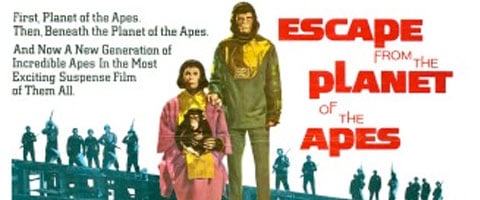
In the end, the value of a prequel depends on its world-building. And this is likewise the key to its importance to the evolution of cinema. As a medium, film is ever-evolving, expanding its boundaries beyond self-contained cinema to encompass web-based companion pieces, sequels and prequels. To keep pace with the prevalence of television—where world-building is becoming more and more developed through shows like Game of Thrones-—there's a demand for film to cast wider its web of influence. Of course, there will always be room for the original movie, one that dazzles audiences and critics without the boost of a pre-existing franchise. But inventive filmmakers are breathing a thrilling vitality into these features dubbed prequels, and it seems to me, we need to stop regarding the term as a four-letter word. Basically, by holding to these prequel prejudices we're cheating ourselves out of some truly extraordinary cinema.
Staff writer at CinemaBlend.



